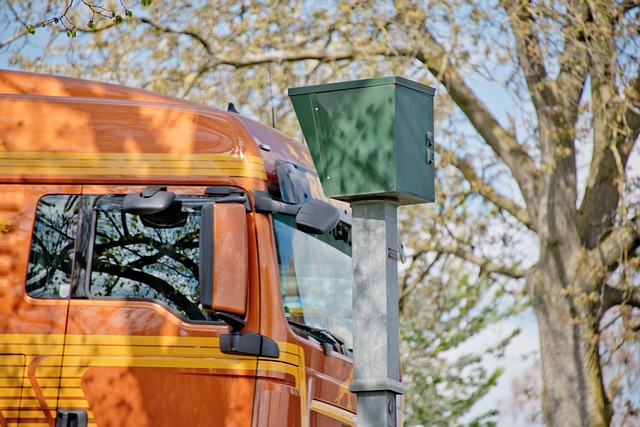For novice truck operators, liability insurance is not just recommended but essential for protecting against financial repercussions of accidents or injuries on the road. Key components include property damage protection, bodily injury liability, and underinsured/uninsured motorist coverage. New truckers should understand these elements, tailor policies to their operations' unique risks, and regularly review and adjust coverage as their experience and business demands evolve. Comprehensive liability insurance empowers them to mitigate financial risks, gain trust, and foster safer driving environments.
New truckers face unique challenges navigating the road, including understanding and managing liability insurance. This article is designed to equip emerging drivers with essential knowledge about protecting against accidents and third-party claims through robust coverage. We’ll delve into key aspects of trucking liability insurance, offering insights on its importance for safety and financial safeguarding. From comprehending policy components to strategies for dealing with third-party claims, this guide is your starting point for securing peace of mind on the open road.
Understanding Liability Insurance for New Truckers

For new truckers entering the industry, understanding liability insurance is paramount for protecting against potential accidents and third-party claims. This type of insurance provides financial coverage in case of damages or injuries caused during the operation of their vehicles. It’s designed to safeguard not only the driver but also their employer, as businesses can be held liable for their employees’ actions while on the job.
Liability insurance for new truckers typically includes several key components: property damage liability, which covers repairs or replacement in case of damage to others’ property; bodily injury liability, covering medical expenses and other losses incurred by injured parties; and uninsurables, which may include situations where the driver is at fault for non-compensable losses. By understanding these coverage areas, new truckers can make informed decisions when selecting an insurance policy that aligns with their operational needs and complies with legal requirements.
Why Robust Coverage is Essential for Safety and Financial Protection

For new truckers, robust coverage is not just a recommendation—it’s an absolute necessity for safety and financial protection on the road. As they navigate unfamiliar routes and diverse driving conditions, having comprehensive liability insurance becomes their shield against unexpected events that could lead to accidents or third-party claims. This type of insurance acts as a safety net, covering potential damages caused to others’ property or injuries sustained due to the trucker’s negligence.
Liability insurance for new truckers plays a crucial role in mitigating financial risks, ensuring that they’re not burdened with substantial court awards or repair costs out of pocket. Moreover, it instills confidence among fellow drivers and road users, knowing that any incident will be managed responsibly. With proper coverage, new truckers can focus on mastering their skills, adhering to safety protocols, and minimizing the likelihood of accidents, thereby fostering a safer overall driving environment.
Key Components of Effective Trucking Liability Insurance

For new truckers looking to navigate the bustling world of trucking, understanding the key components of liability insurance is paramount for protecting against accidents and potential third-party claims. A comprehensive policy should cover both property damage and bodily injury liabilities. This ensures that in case of an accident causing damage to cargo, vehicles, or injuries to bystanders, the policy provides financial protection against significant expenses like medical bills, legal fees, and repairs.
Effective liability insurance for new truckers also includes coverage for underinsured/uninsured motorist, which shields against losses when interacting with drivers who have inadequate or no insurance. Additionally, it’s crucial to have a clear understanding of the policy’s limits and deductibles, ensuring they align with the nature of operations and potential risks involved in trucking. Regular reviews and adjustments of coverage levels as experience grows and business demands change are essential practices for maintaining robust protection.
Navigating Third-Party Claims: Strategies for New Truckers

Navigating third-party claims can be a daunting task for new truckers, especially with the potential financial burden and impact on their reputation. As they venture into the trucking industry, understanding liability insurance becomes paramount. This type of insurance is designed to protect against accidents involving other vehicles or individuals not associated with the trucking company.
New truckers should familiarize themselves with different coverage options tailored to their needs. Comprehensive liability insurance, for instance, covers damages beyond the standard requirements, offering added protection. By evaluating their risk profile and understanding policy nuances, new drivers can make informed decisions. This proactive approach ensures they are adequately covered, mitigating potential losses and fostering a safer environment on the roads.
For new truckers, prioritizing safety through robust liability insurance is a cornerstone of professional driving. By understanding key components and effectively navigating third-party claims, you protect not only your financial well-being but also ensure the peace of mind necessary for a successful career in trucking. Investing in comprehensive coverage is a vital step towards mitigating risks and ensuring a smoother journey on the roads.
